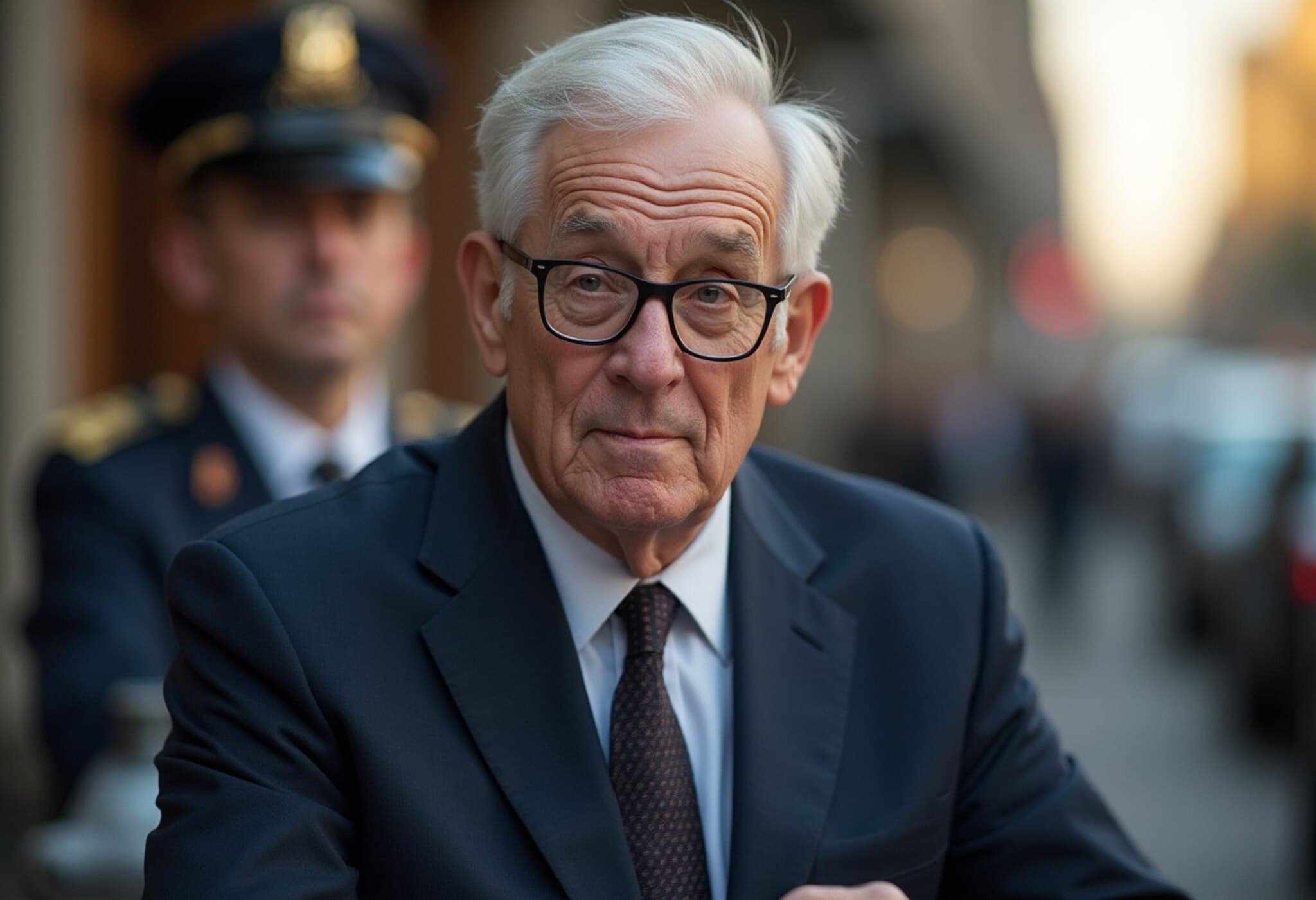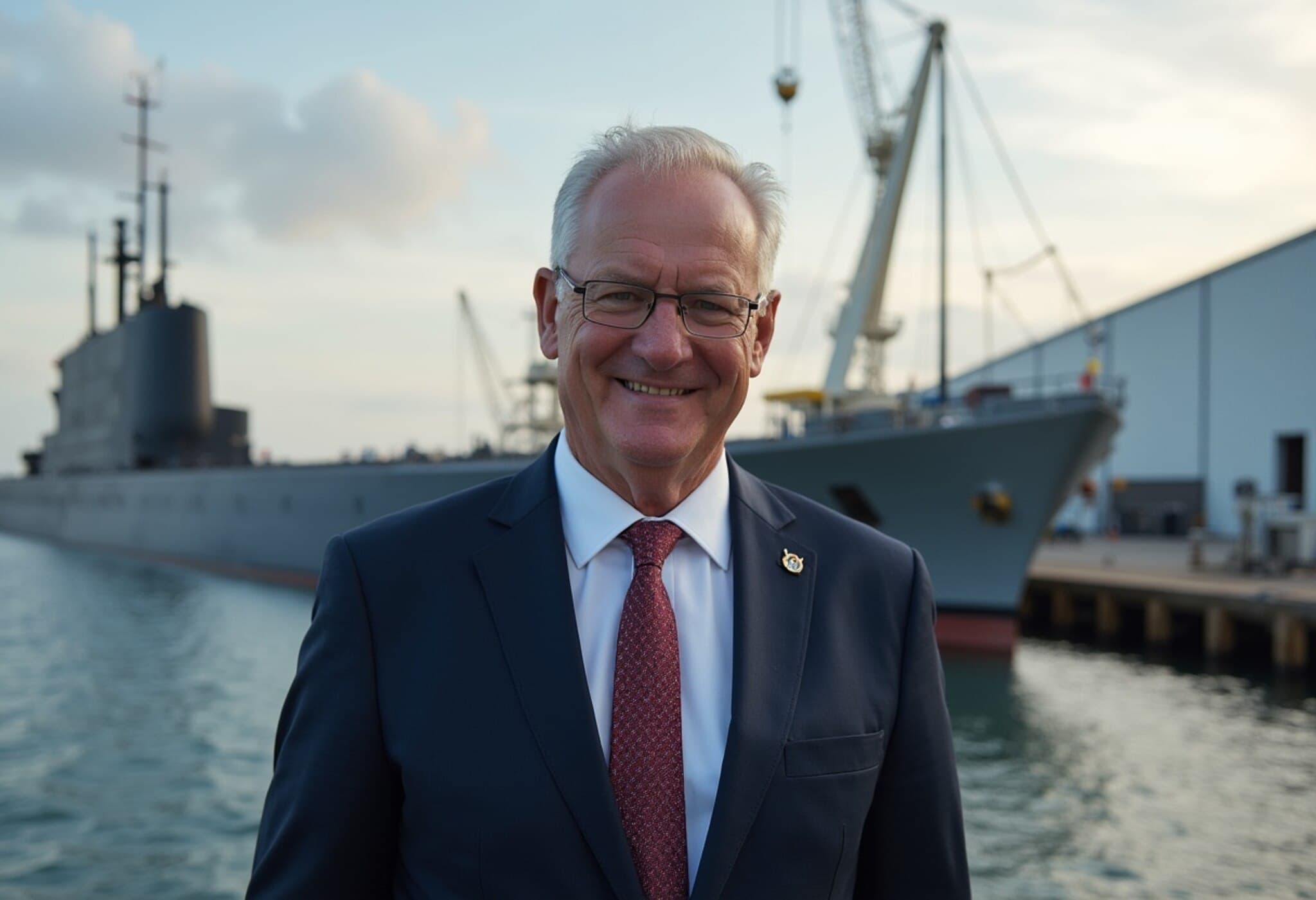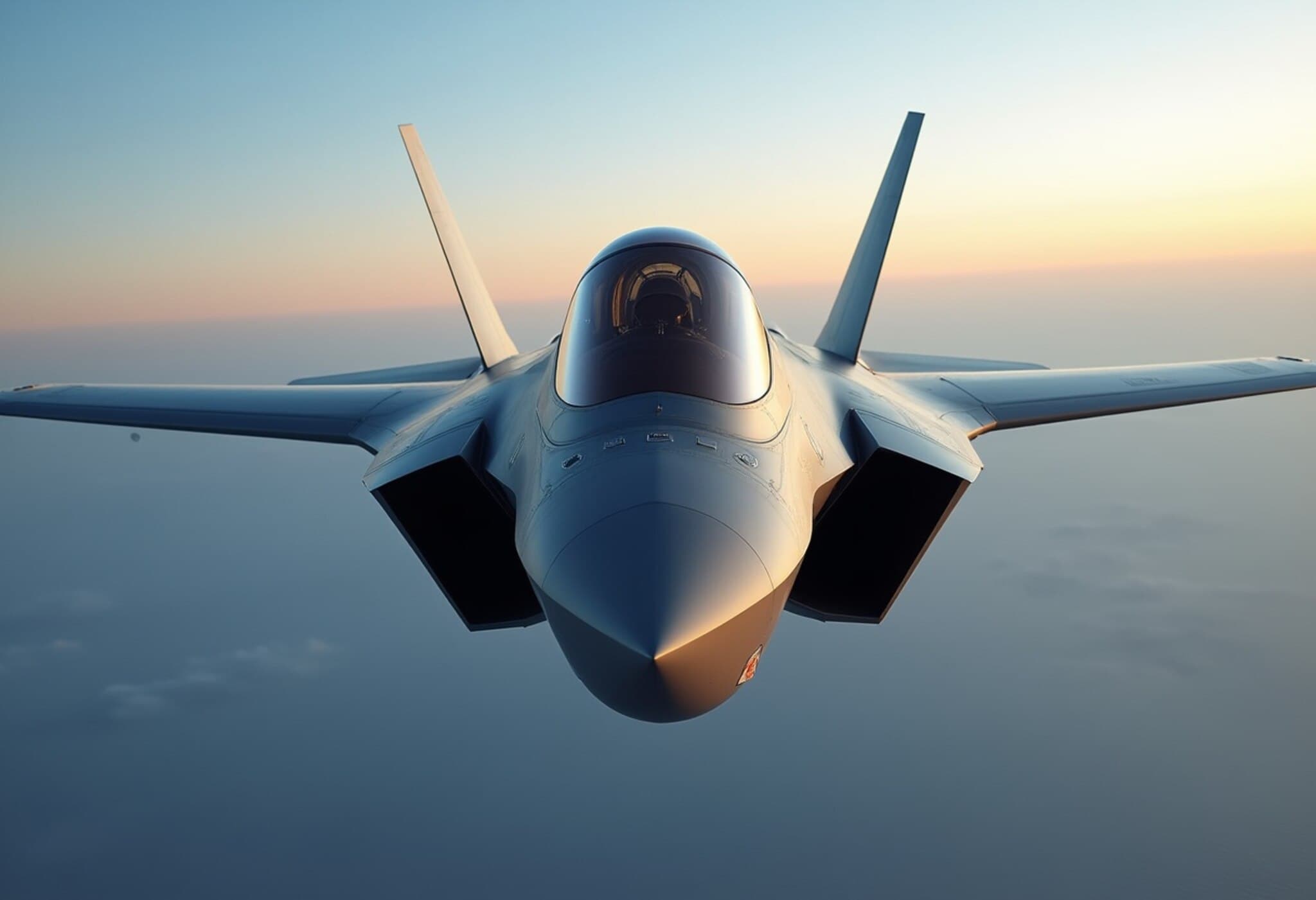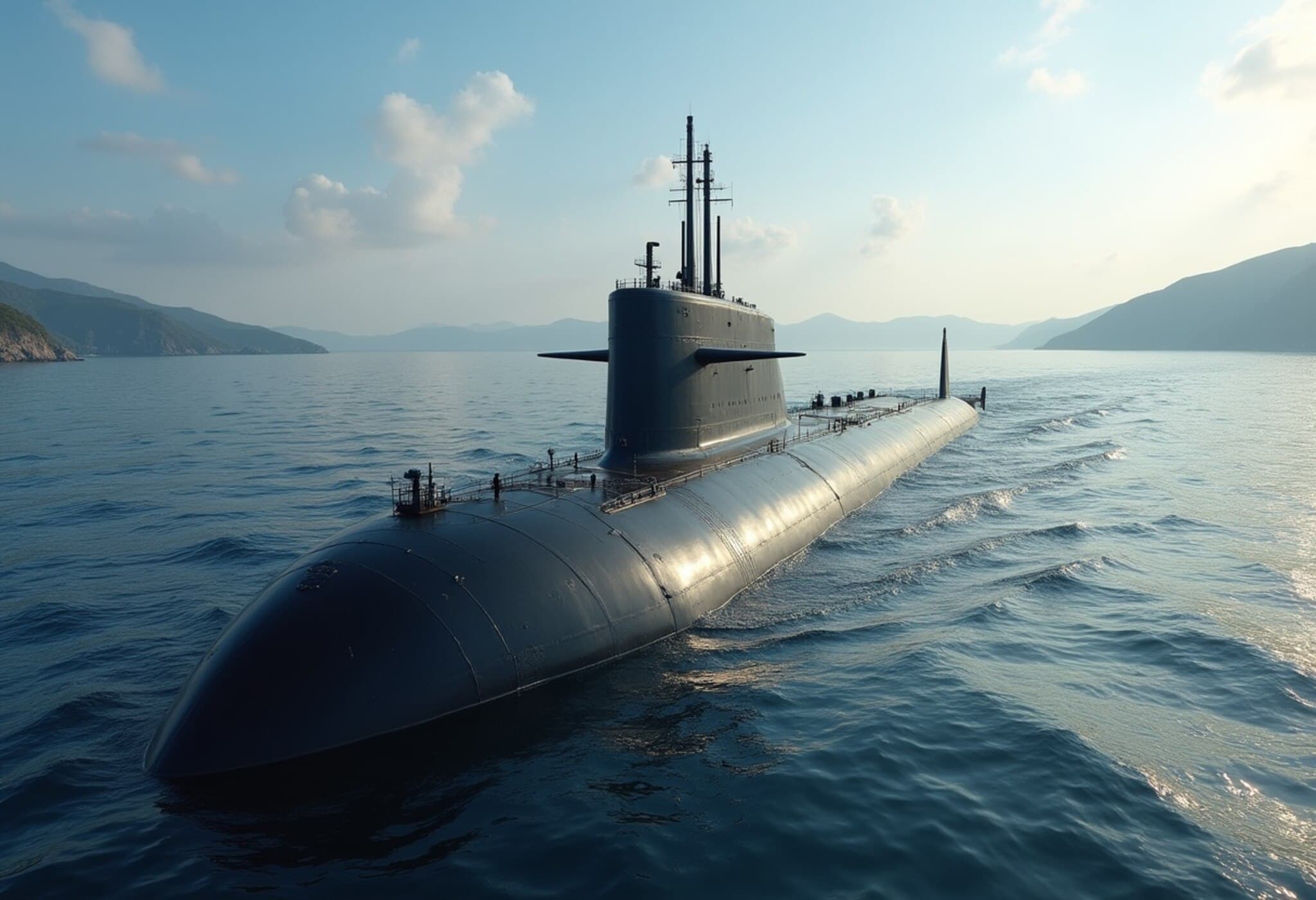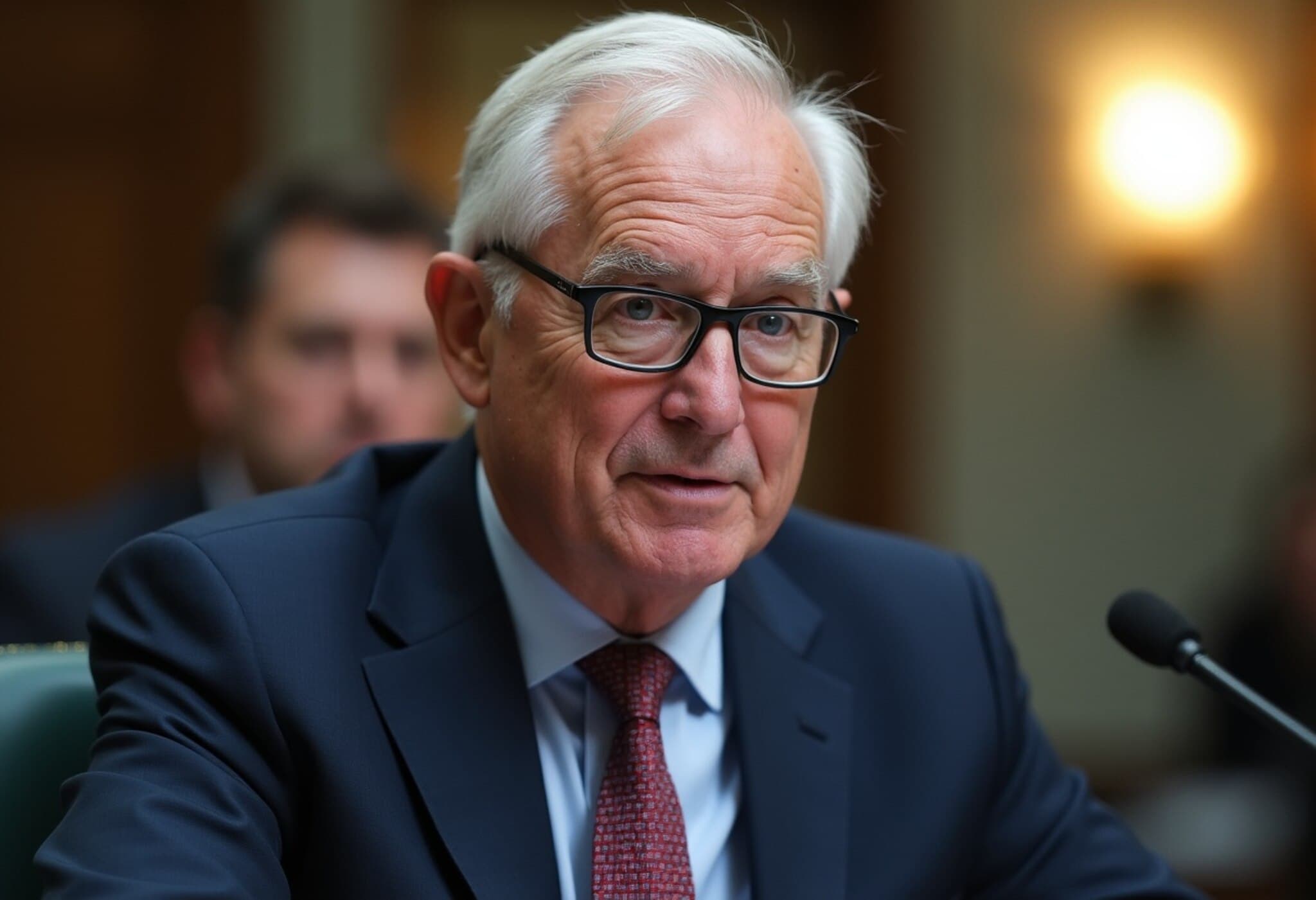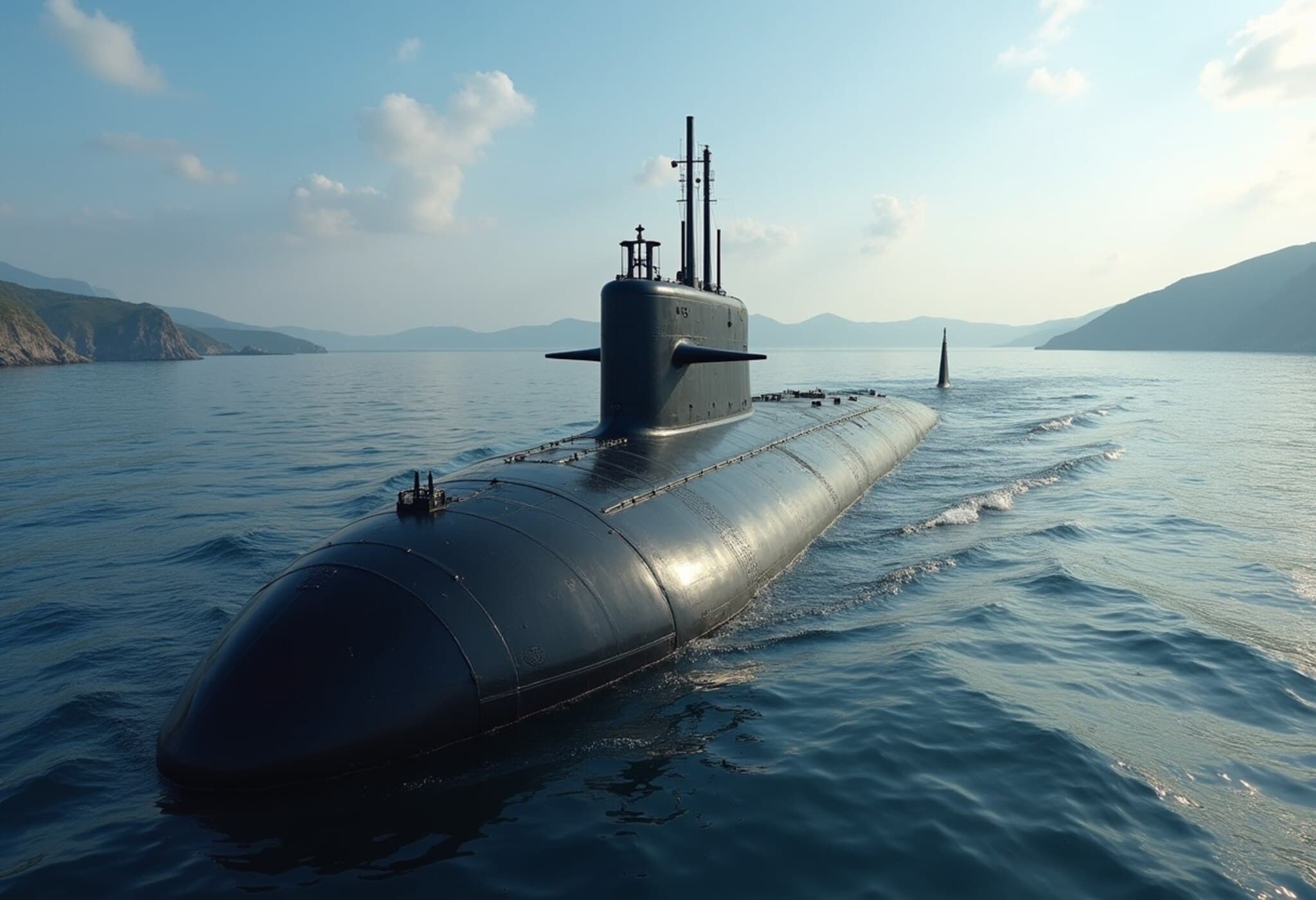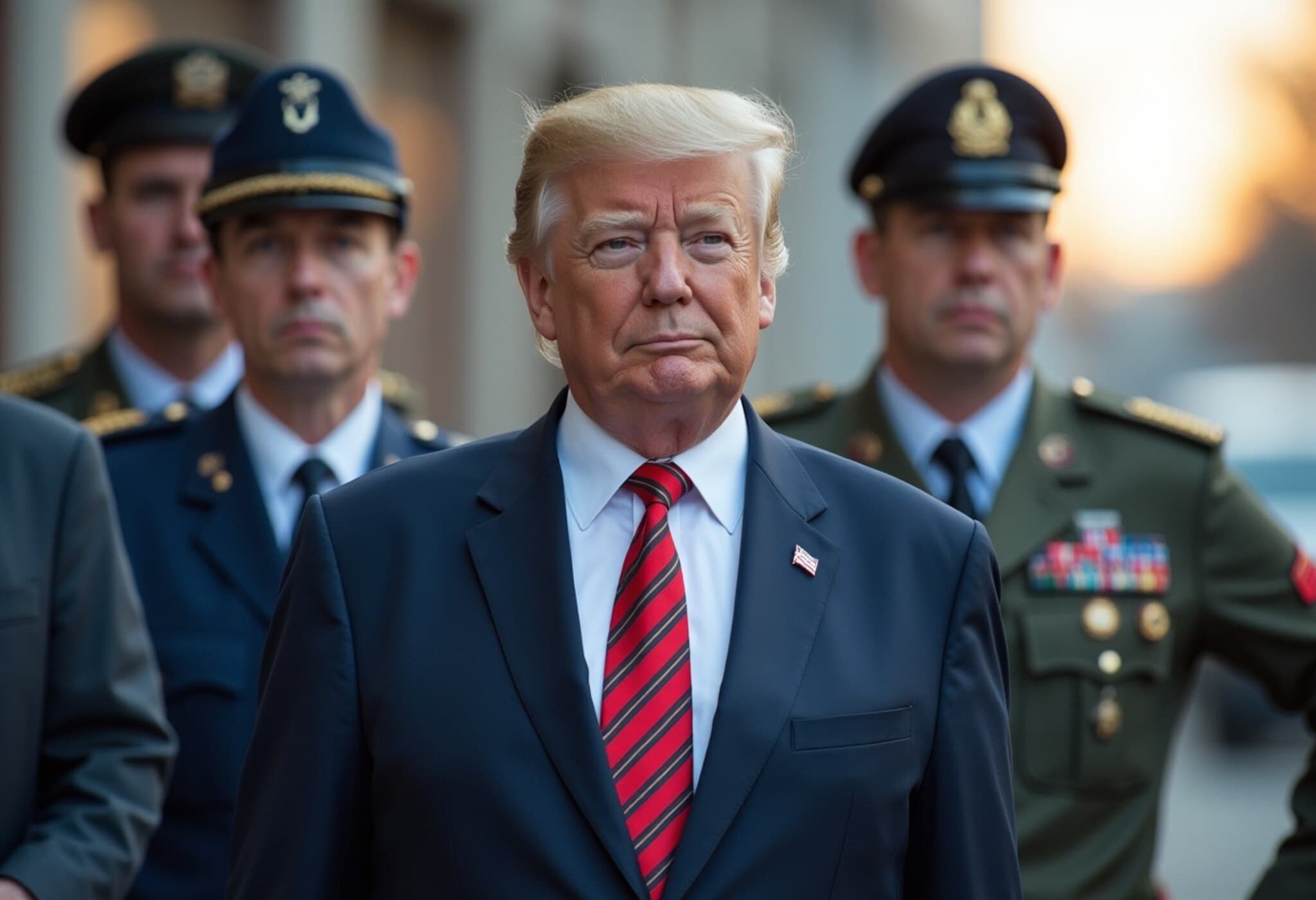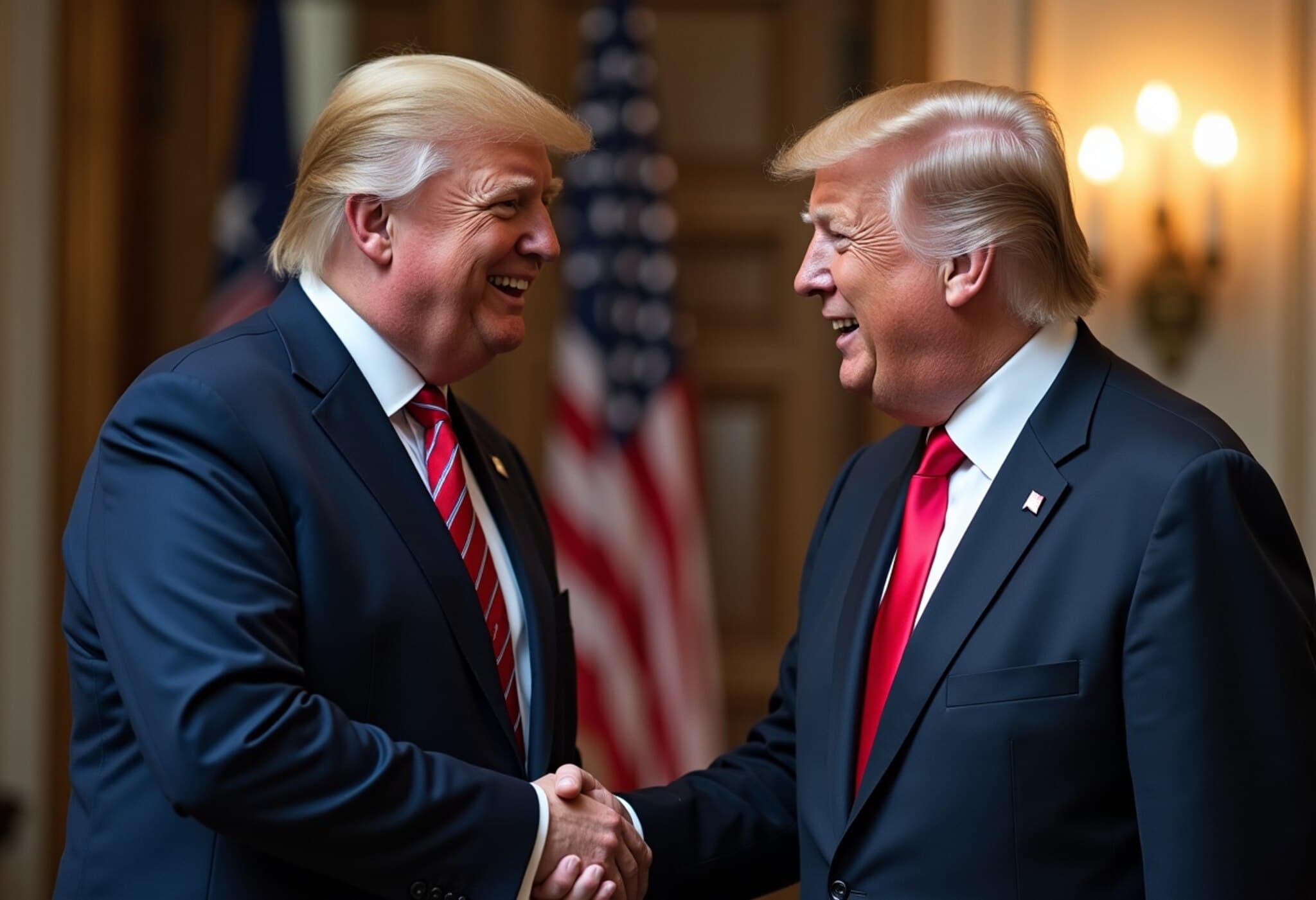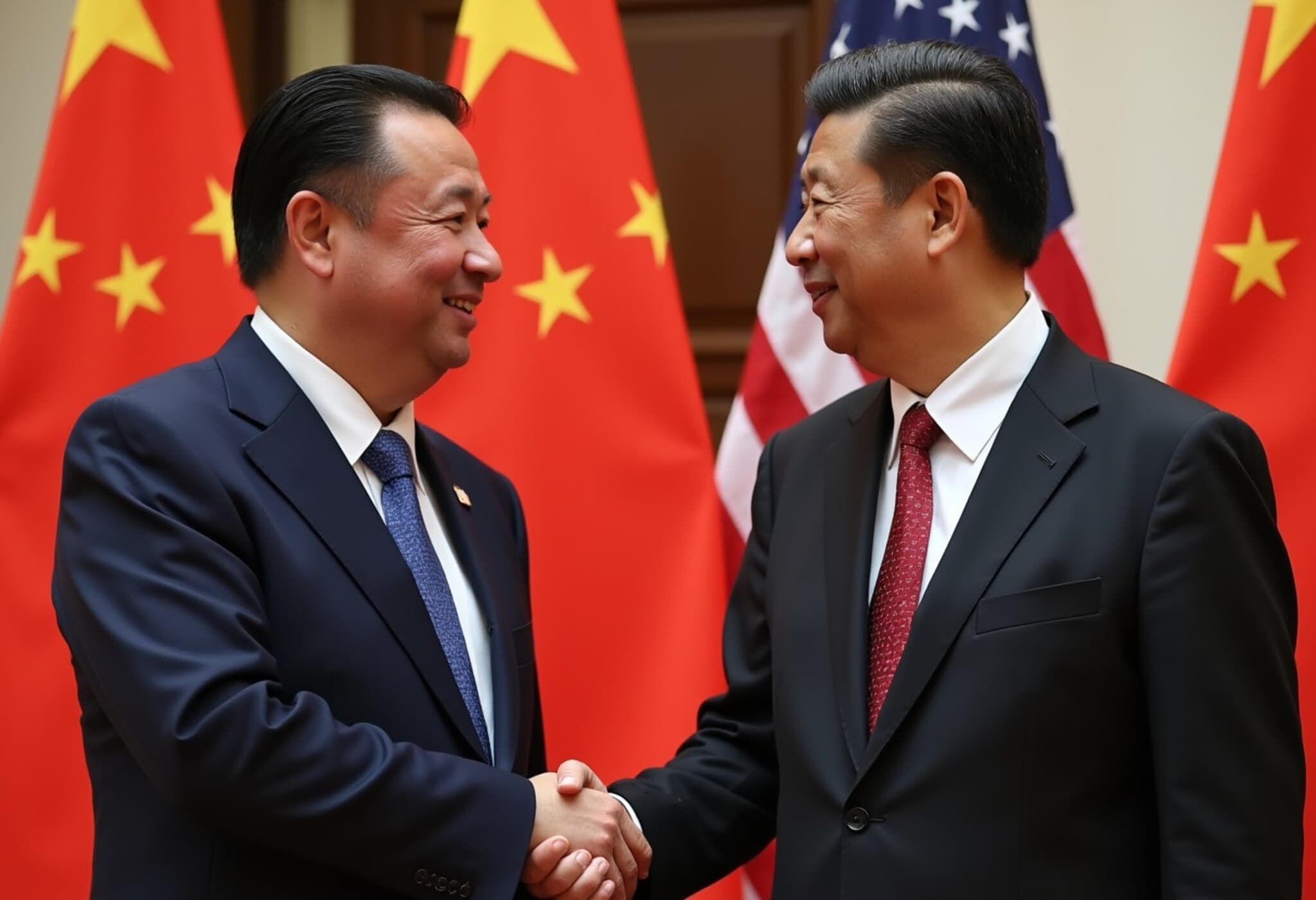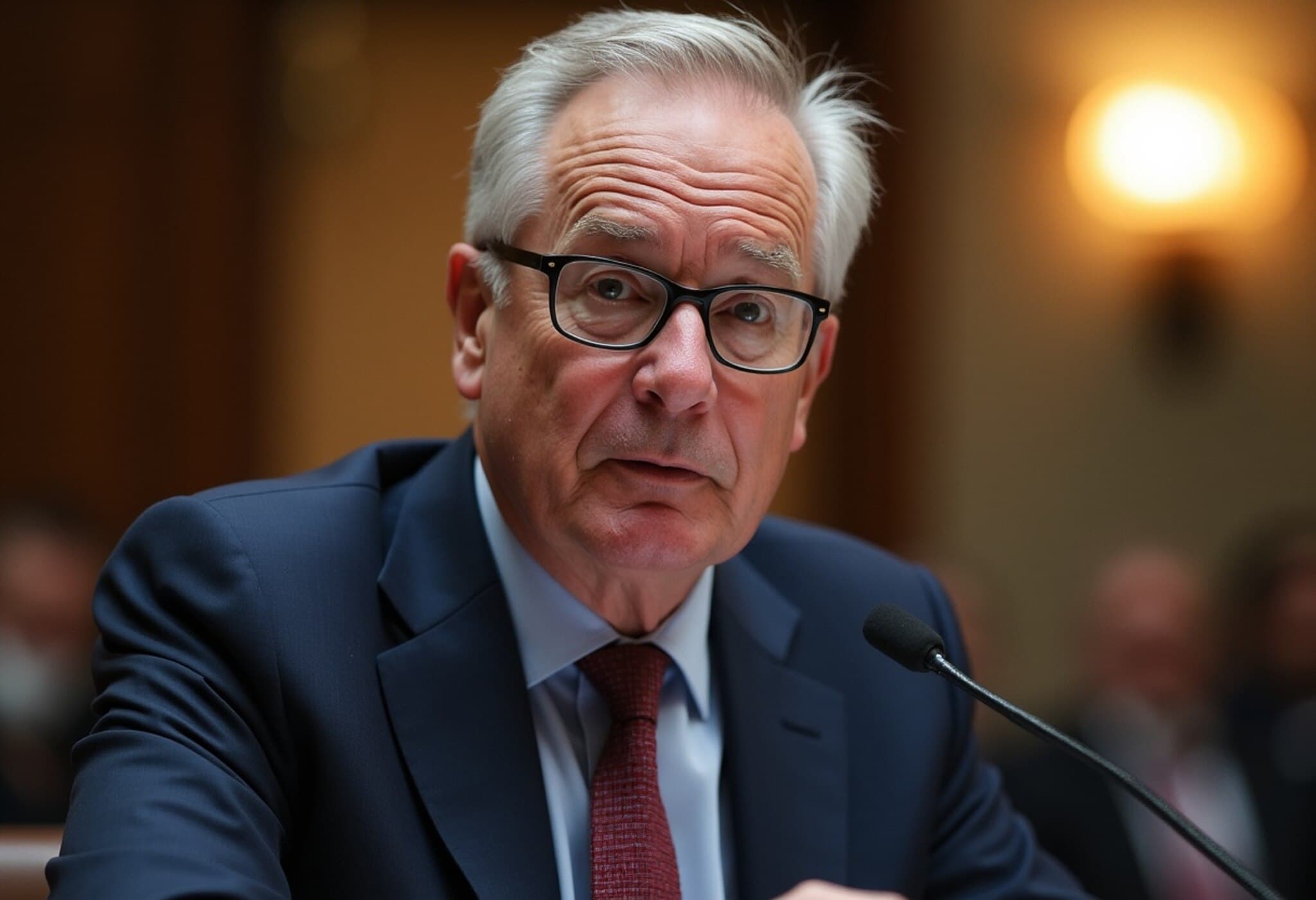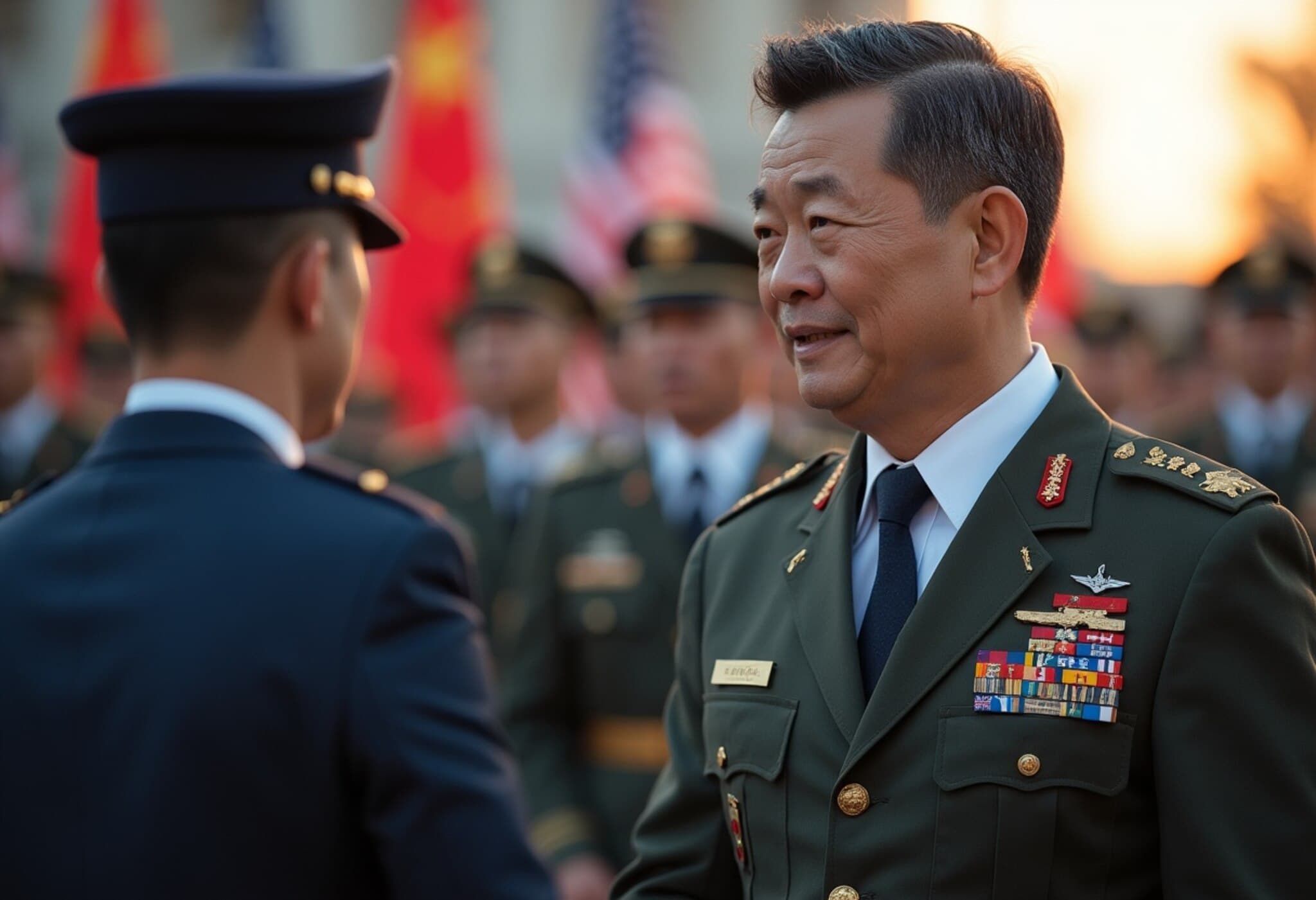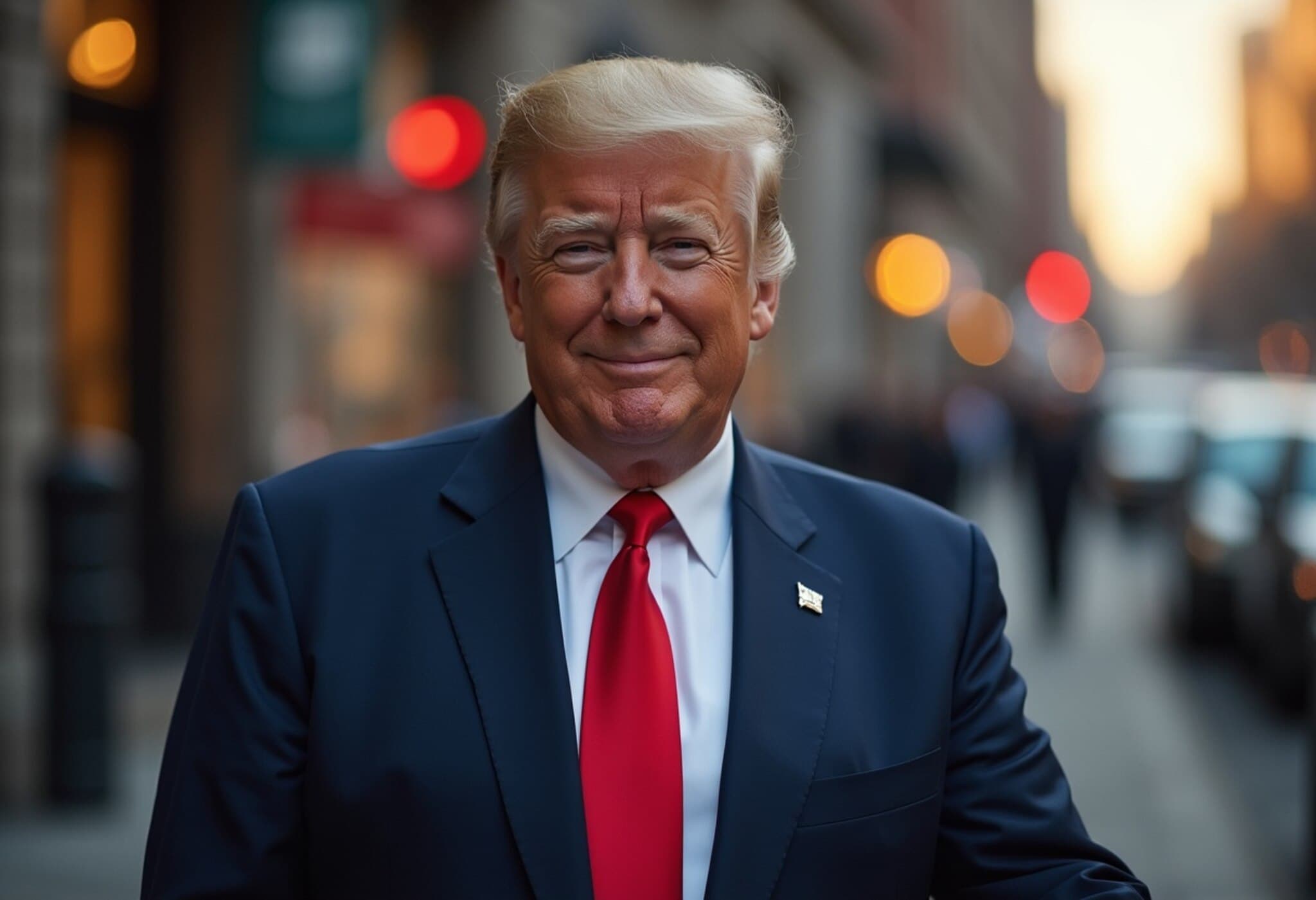Who is Elbridge 'Bridge' Colby? Unpacking the Maverick Behind AUKUS Scrutiny
Elbridge ‘Bridge’ Colby, a figure as intriguing as he is polarizing in Washington’s foreign policy arena, has quietly risen to a position of significant influence. At just 45, Colby serves as the undersecretary of defense for policy — the Pentagon’s third-highest civilian role — where he spearheads sensitive reviews including the high-stakes AUKUS submarine deal with Australia.
Dubbed a “maverick” for his unorthodox and fiercely independent approach, Colby blends a rare combination of intellectual rigor, strategic realism, and blunt pragmatism. His leadership on the AUKUS review has thrust him into the spotlight, raising critical questions about the future of US-Australia relations and regional security in the Indo-Pacific amid rising tensions with China.
From East Coast Elite to National Security Strategist
Colby’s background reflects the classical mold of American elite education and formative international exposure. Raised partly in Tokyo by a banker father and grandson to a CIA director, Colby’s early years embedded a global perspective. At an Episcopal boarding school in Massachusetts, he developed a passion for foreign policy, eventually attending Harvard to study history and political philosophy.
Rejecting the “groupthink” often seen in national security circles, Colby prides himself on intellectual independence. He famously remarked, “I don’t identify as a member of the national security community,” underscoring his maverick streak. This independence is coupled with deep expertise, shaped by years working in government roles post-9/11, including advising on the critical 2018 National Defense Strategy that pivoted the US focus squarely toward China.
A Strategic Vision Rooted in Realism
In his 2021 book, The Strategy of Denial, Colby articulates a finely nuanced approach: the US should not seek military dominance over China but instead focus on denial strategies—disrupting Beijing’s efforts to coerce allies or seize territory, particularly in Asia. Taiwan stands as the most significant chess piece in this strategic contest, with Colby pushing allies like Australia and Japan to clarify their roles in potential conflicts.
His calls for clarity extend to sensitive questions about the deployment and operational use of nuclear-powered submarines Australia is acquiring under AUKUS, a move intensifying scrutiny from Beijing. Unlike many policymakers who emphasize diplomatic engagement, Colby accentuates firmness and preparedness, a stance that sometimes puts him at odds with more conciliatory voices.
Driving Controversy and Inter-Agency Tensions
Colby’s influence doesn’t come without friction. His skepticism toward US involvement in conflicts outside the Indo-Pacific, notably Ukraine, and his cautious attitude toward arms shipments there, sparked controversy. Reports indicate that his internal memos warning about stretched Pentagon resources drew rebuke from other parts of the administration, including President Trump himself.
Moreover, his management of the AUKUS review reportedly blindsided the State Department, exposing interagency rifts over coordination and transparency. Colby is seen by some insiders as pushing boundaries—sometimes ruffling feathers by acting as a policy entrepreneur in an administration known for sidelining traditional bureaucratic safeguards.
Colby’s Role in Australian-US Relations: Challenges and Opportunities
For Australia, Colby represents both a critical interlocutor and a challenge. As Prime Minister Anthony Albanese seeks warmer ties with China, Colby’s insistence on detailed contingency planning and defense commitments underscores a tougher US posture. Australian Ambassador to the US, Kevin Rudd, acknowledges a longstanding working relationship with Colby, signaling a pragmatic channel for dialogue amid these pressures.
Experts like former ambassador Arthur Sinodinos emphasize Colby’s hands-on influence in defense planning rather than merely theorizing. Meanwhile, US Studies Centre CEO Mike Green highlights how Colby’s urgency in confronting China’s rise forces hard choices on allies, amplifying the stakes for AUKUS and broader regional security arrangements.
What Lies Ahead? Strategic Stakes for the Indo-Pacific and Beyond
- China’s expanding ambitions are reshaping regional alliances and security frameworks.
- Colby’s push for concrete commitments from allies like Australia on Taiwan and the Philippines reflects a recalibration of US defense strategy.
- Internal US government tensions signal the challenges of policy coordination amid competing priorities and personalities.
- For Australia, navigating between diplomatic engagement and military readiness will be crucial to maintaining both security and economic interests.
Colby’s rise exemplifies how bold, sometimes contentious, policy entrepreneurs shape international relations in a shifting global landscape, emphasizing the complex balance between alliance cohesion and strategic assertiveness.
Editor’s Note
Elbridge Colby’s trajectory from an intellectual outsider to a central figure in US defense policy illustrates the growing urgency with which the US confronts China’s rise. His maverick approach challenges both US bureaucratic norms and allied complacency, raising vital questions about collective defense and strategic clarity in the Indo-Pacific. As AUKUS navigates this turbulent environment, Australia and the US must reconcile firm deterrence with diplomatic nuance. Readers should ask: How will allies balance sovereignty with alliance demands? Will tougher stances provoke escalation or safeguard peace? These dilemmas underscore the uncertainty defining 21st-century geopolitics.

